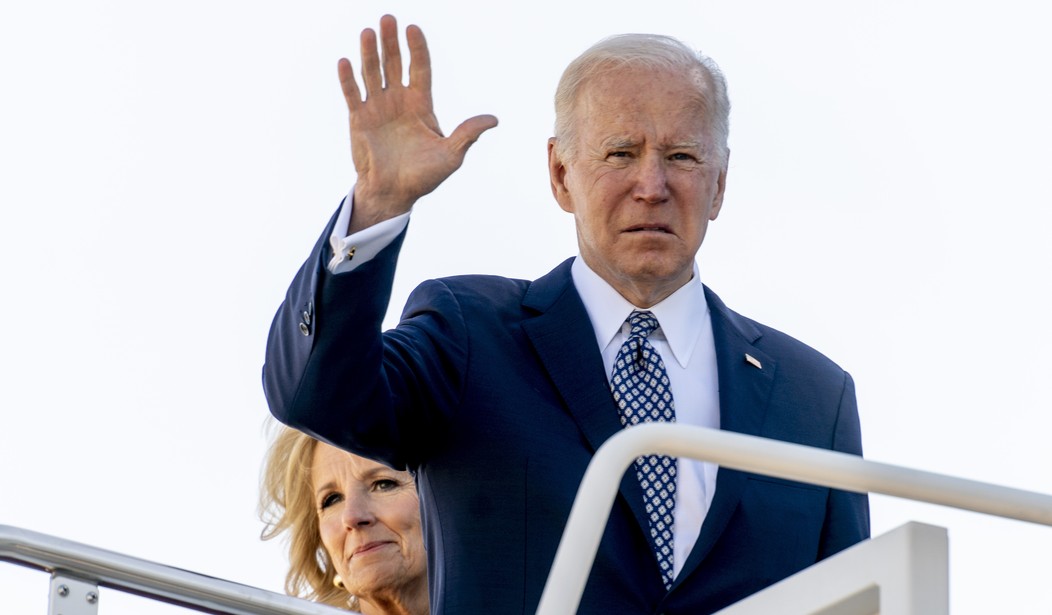Negotiations for a new national contract between the parties in the National Railway Labor Conference entered their third year in 2022. This is the group made up of Class I railroad management representatives and railroad union officials responsible for defining the new terms. The process has progressed to the end of the tracks. The parties are in a 30-day cooling-off period prescribed by the Railway Labor Act (RLA). The period ends July 18. In anticipation, some unions are taking a strike authorization vote.
On Tuesday, the Brotherhood of Locomotive Engineers and Trainmen (BLET) announced that 99.5% of their participating members voted to authorize a strike. The union represents more than 57,000 railroad workers, 23,000 of which are affected by the current negotiations. It would be a challenge for anyone to find a vote taken by a union in any industry that ended up with a nearly 100% agreement. The BLET is one of the 12 unions involved in the current negotiations.
Related: Could the Railroad Industry Go Completely Off the Track?
BLET National President Dennis R. Pierce summarized the changes caused by the implementation of Precision Scheduled Railroading (PSR) in his statement on the vote. The Class I railroad carriers slashed staff by one-third and created longer routes. This has led to staffing shortages and safety issues in the eyes of the employees. According to Pierce:
Draconian attendance policies were implemented, forcing engineers and conductors to work day in and day out with no scheduled time off or be fired. These ridiculous policies forced thousands of employees out of the industry, either by resignation or termination, further compounding an already understaffed operation. And if anyone is close to being abused as much as the employees by this business model, it’s the shippers, or as they should be called, the rail industries’ customers.
Pierce alleges that the carriers made record profits after implementing PSR. Meanwhile, union members worked through the pandemic after getting classified as essential. While putting themselves and their families at risk, the rail employees received no wage increase. The Class I carriers don’t want any oversight on running the operation. But they want the government to save them from their disgruntled employees.
Today, the rail industry is running a full-blown media blitz asking for government intervention to save them from a possible legal job action by the employees that they have abused for years. Consider the hypocrisy in that. The railroads continue to tell the Surface Transportation Board, Department of Transportation and Federal Railroad Administration that the government should stay out of their failing business model despite shipper complaints. But when it comes to dealing with their own employees, they now seek government intervention rather than just make a contract offer that their employees would accept and be done with the bargaining round.
The parties reached the last national contract in 2011 after President Barack Obama appointed a Presidential Emergency Board (PEB) under the RLA to resolve the impasse between them. President Biden has until July 18 to appoint a PEB to investigate the dispute and propose a settlement between the parties. The unions rejected binding arbitration and have a legal right to strike as of this Monday if Biden fails to do so.
If Biden appoints a PED, it will have 30 days to investigate. Following the board’s report, the unions have another 30 days to accept or reject the recommendations. That process would delay the possibility of a strike until mid-September. The Chamber of Commerce, which put considerable resources behind getting Biden elected according to a Time article, is now begging him to keep the railroads running. On July 6, Chamber CEO Suzanne Clark wrote:
The U.S. business community faces enormous challenges today from record inflation, labor shortages, and ongoing supply chain disruptions due to the COVID-19 pandemic. And we are now facing uncertainty over the possibility of further disruptions during preparations for the holiday shopping season. Any breakdown would be disastrous for U.S. consumers and the economy, and potentially return us to the historic supply chain challenges during the depths of the pandemic.
So far, her request has fallen on deaf ears with the near-octogenarian president. With one strike authorization voted on, other unions with Class I employees will likely follow suit before Monday. So, while President Biden deals with another month of record inflation and Secretary of Transportation Pete Buttigieg goes on Fox News to support harassing Supreme Court justices in public, the deadline may slip away.
A strike is still legal if the unions reject the PEB’s recommendations and the carriers try to implement their last offer. The last time the trains stopped moving due to a labor dispute was in 1992 for two days. If Biden and Buttigieg can’t pull something out of their hat, the next stoppage could be much longer. Then Democrats would have to issue an executive order or pass an act of Congress to force bargaining unit railroad employees back to work right before the midterms. Because failing a successful PEB, those are the only options left.










Join the conversation as a VIP Member